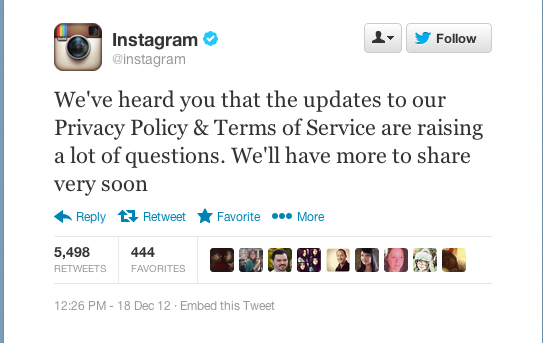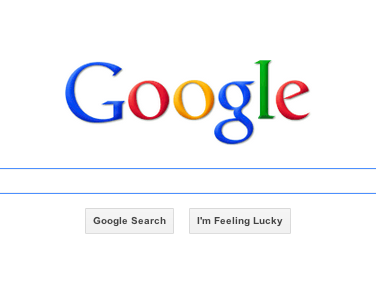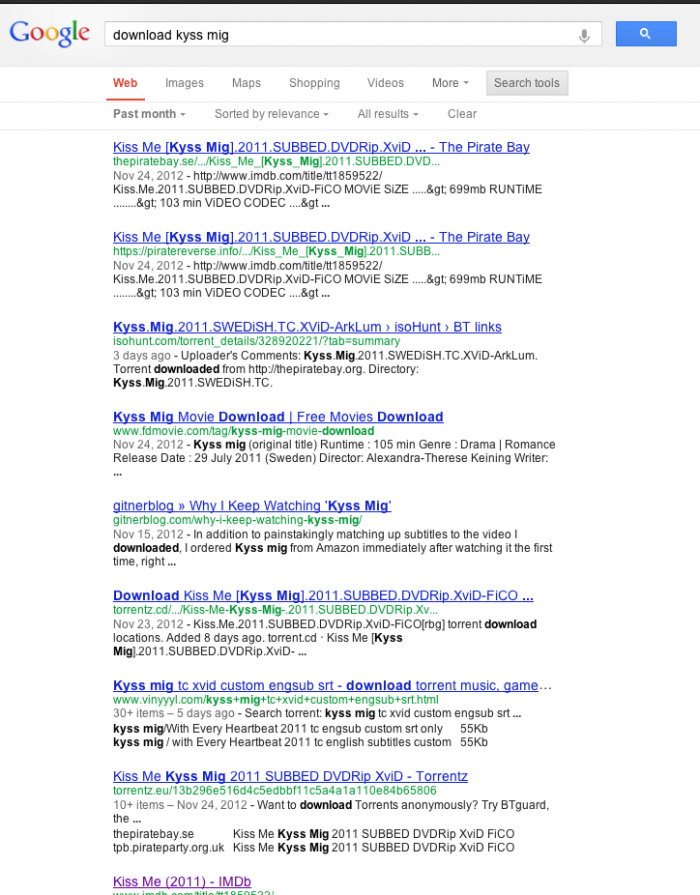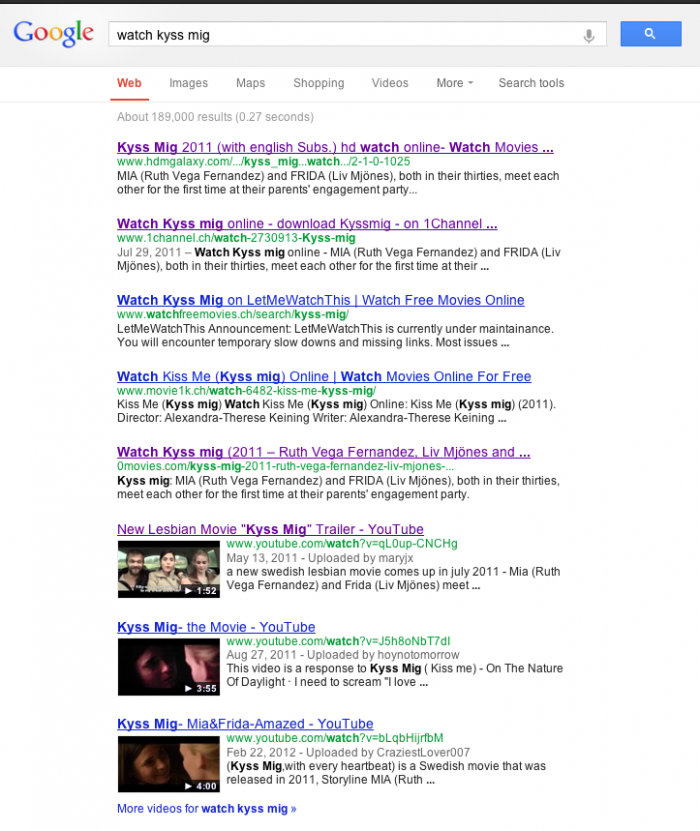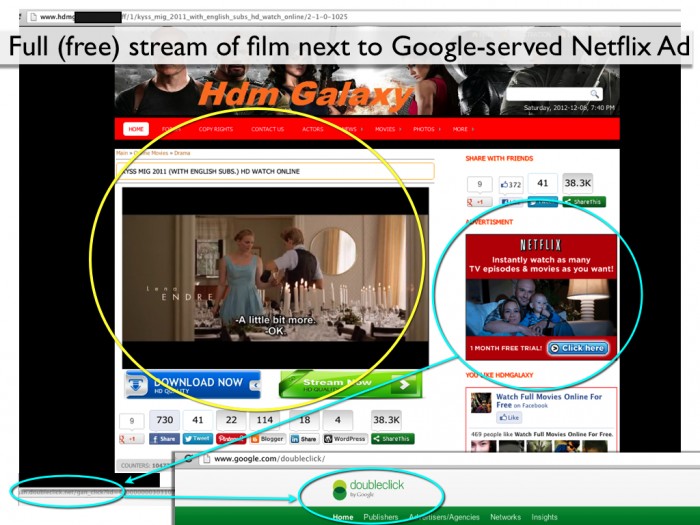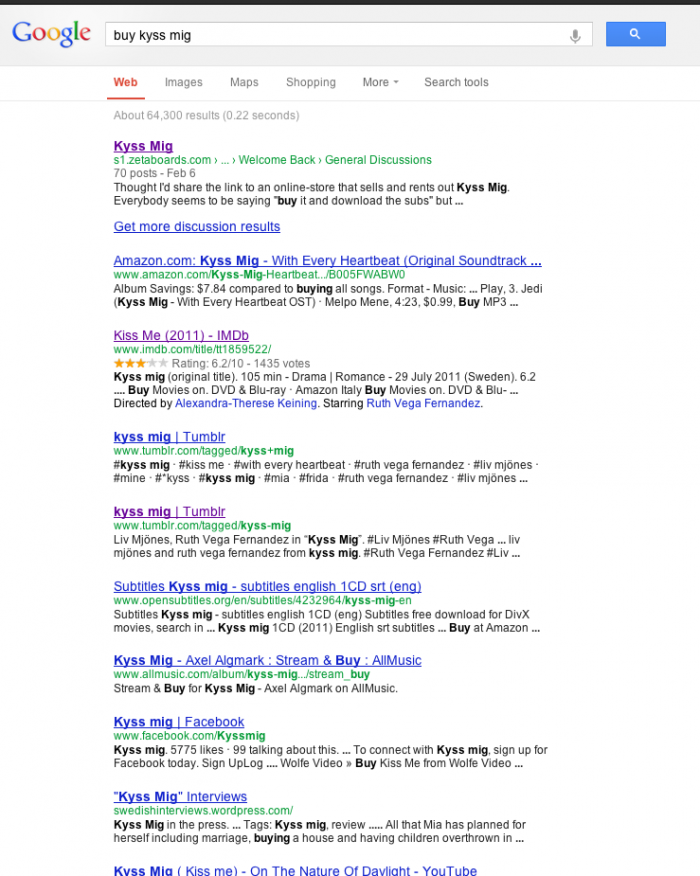 Today I came across a blog post published by Chris Kornelis in the Seattle Weekly, “It’s Time for Artists to Fight Piracy as Vigorously as They’ve Challenged Pandora.” Kornelis asserts,”One of the year’s most peculiar yet persistent music-industry trends has been the way legitimate forms of digital-music consumption have been vilified more strongly than illegitimate ones.”
Today I came across a blog post published by Chris Kornelis in the Seattle Weekly, “It’s Time for Artists to Fight Piracy as Vigorously as They’ve Challenged Pandora.” Kornelis asserts,”One of the year’s most peculiar yet persistent music-industry trends has been the way legitimate forms of digital-music consumption have been vilified more strongly than illegitimate ones.”
As an indie artist (filmmaker) who’s made a point of fighting piracy, the headline caught me somewhat off guard. Of course we speak out. But as I read his piece, I found myself in agreement with his overall message. Last month congressional hearings were held over proposed legislation that would change royalty formulas for internet radio services such as Pandora. Labeled the “Internet Radio Fairness Act” the bill was roundly criticized by those in the music industry, artists and publishers alike. After a massive outcry, including a protest letter signed by a diverse group of well-known recording artists and bands including Rihanna, Katy Perry, Maroon 5, Alabama and CeeLo Green, among others–the bill went down in flames, at least for now.
In the wake of that defeat, and given the influence and unity displayed by a coalition of artists, Kornelis asks why more artists don’t routinely speak out and educate their fans about negative impact online piracy has on their (our) livelihoods and art. He notes that a few artists have spoken out and “…when they do, they are eviscerated, as Lars Ulrich, Lily Allen, or Duff McKagan will tell you…” He then challenges all of us to do more.
…it’s time for artists to band together to set the story straight. Don’t leave it to the few brave enough to speak strongly on the matter. There needs to be a large, coordinated effort by bands big and small to tell their story–to sign a letter to fans explaining how devastating piracy is to their ability to make music for a living (or at all). “The voice of that community is clearly the most important,” says Chris Ruen, author of the recent book, Freeloading: How Our Insatiable Hunger for Free Content Starves Creativity. “Artists need to raise their voices.”
Indeed. Whether musicians, filmmakers, writers, journalists, artists or photographers–we all need to speak up, and speak out. If we can use our collective voices to educate, and explain what’s at stake for creators and consumers, the more inroads we are likely to make. As Benjamin Franklin aptly noted, “We must indeed all hang together, or, most assuredly, we shall all hang separately.”
-This post was originally published on my other blog, Vox Indie (voxindie.org).

